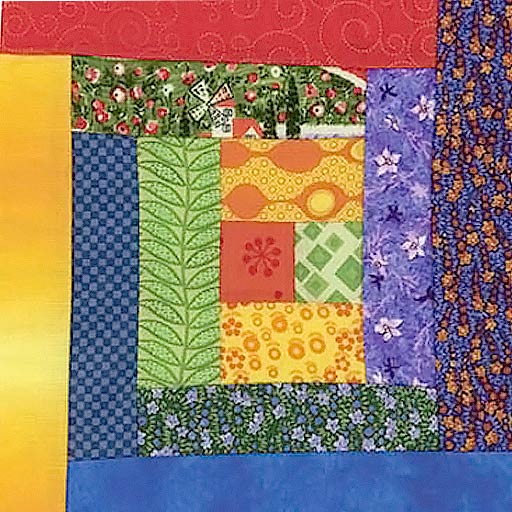“And thou, faithful babe, though thou stutter and stammer forth a few words in the dread of the Lord, they are accepted.”
William Dewsbury, 1660, Quoted in PYM Faith and Practice, 2002
Validation therapy, developed by Naomi Feil, works from the belief that there is a reason behind the way people behave and what we communicate. When we validate, rather than judge one another, we honor the unique spirit within each person.
Each of us has a collection of experiences and emotions that inform how we respond to a situation. Naomi Feil developed techniques for using Validation Therapy to converse with people who are experiencing later stages of dementia. These principles and techniques are useful for relating to one another with compassion and empathy at any point in our lives and in a manner that is consistent with Friends’ belief that there is that of God in every person.
Principles of Validation *
- All people are unique.
- All people are valuable.
- There is a reason behind behavior.
- People must be accepted, not judged.
- Painful feelings that are expressed and validated will
- diminish.
- Painful feelings that are ignored or suppressed will gain strength.
- Empathy builds trust, reduces anxiety, and restores dignity.
Simple Ways to Help:
- Avoid advice, testing, and correction – it may only frustrate the person and make it more difficult to communicate.
- Focus on feelings instead of facts.
- Reflect back to the person what they have just said to you, without judging their feelings.
- Consider what might be behind this person feeling upset or anxious and try to respond with empathy to their feelings by imagining their reality.
- Accept repetition. If someone has dementia, is grieving or distressed, they may not remember your prior conversation; they may need to repeat themselves to process emotions.
This scenario gives examples of some ways you can communicate with someone with dementia, using Validation techniques:
I was having lunch with my old friend Sarah. When I arrived she seemed uncertain who I was. I felt sad that she could not remember me, but I knew she couldn’t help it. I put out my hand and said “It’s Ella and I am so glad to be having lunch with you today.”
Sarah was anxious after lunch and said she needed to get home before her children were dropped off by the school bus. Our kids are all grown with children of their own, but her worry was real. “Yes, it is does seem close to that time of day. Your family knows where you are and everyone is being cared for.”
Sarah asked about her children a few more times while we were waiting for the bill, but seemed to calm down when we left. On the trip home, she focused on everything there was to see along the way. Back at her apartment, she didn’t look for the children. We looked at some old pictures, and laughed.
“Our life is love, and peace, and tenderness; and bearing one with another, and forgiving one another, and not laying accusations one against another, but praying for one another, and helping one another up with a tender hand.”
Isaac Penington, 1667, PYM Faith and Practice, 2002
*adapted from Naomi Feil, The Validation Breakthrough: Simple Techniques for Communicating with People with Alzheimer’s -Type Dementia, 1993 http://www.vfvalidation.org
Download this article in pamphlet form
LINKS TO MORE INFORMATION: Click on the blue text below to be directed to outside websites that offer additional information on this topic. Articles from this site will open in the same browser window/tab. Articles from other websites will open in a new window; when you are done, simply click out of that window and you will be back on this site.
More articles on this website:
Allowing Yourself to be Cared For: Autonomy, Interdependence and Interrelationship
Care of the Caregiver
Including Everyone: Faith Community Care for People with Challenges
Spiritual Approach to Dementia Care
Other Articles/Links:
Sources/Further Reading:
Naomi Feil, The Validation Breakthrough, 2002 Health Professions Press, Inc., Baltimore, Maryland.

